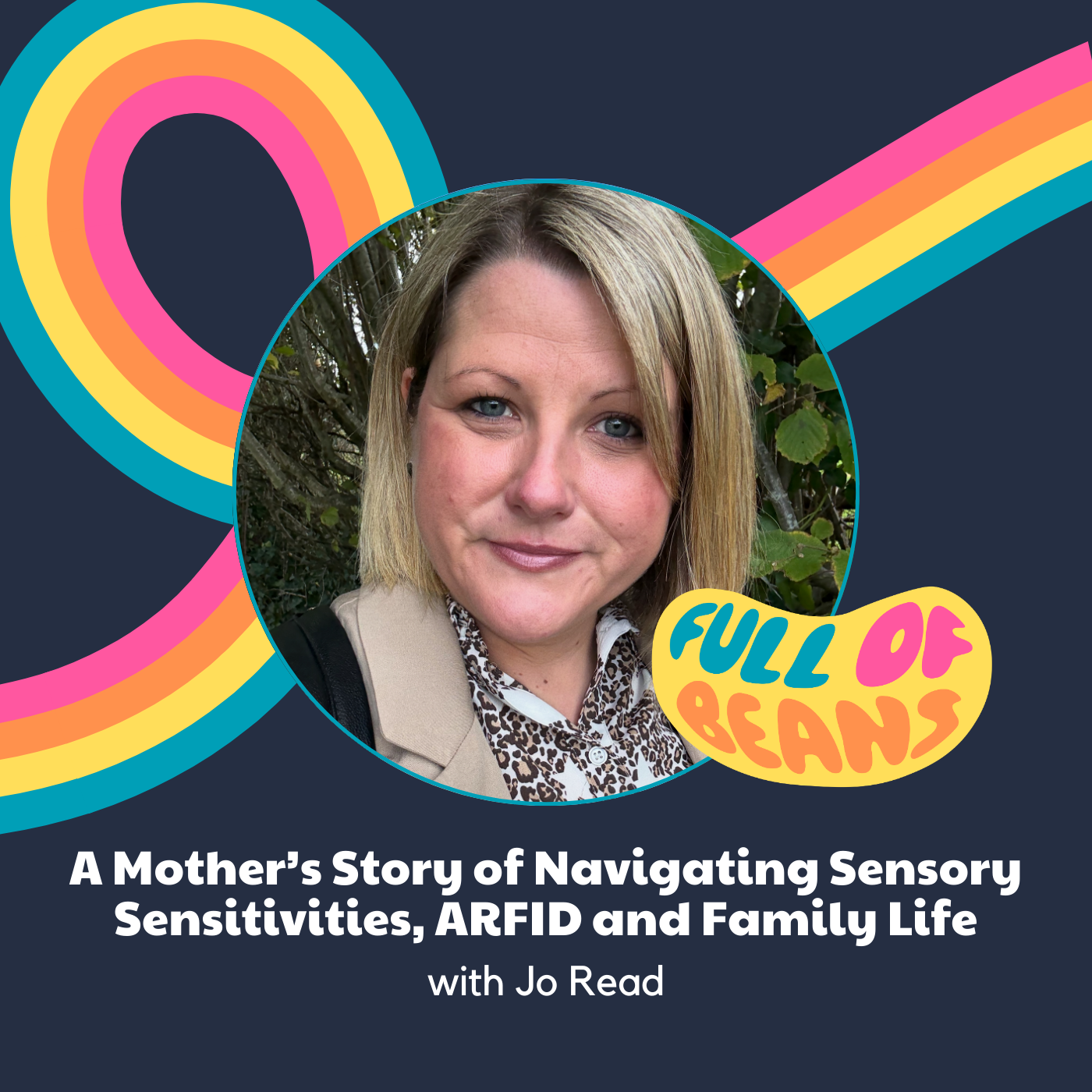Navigating Menopause and Cultivating Positive Body Image
“We need to treat women as whole people, not just hormone levels.” — Sophie

For many women, menopause brings profound changes, not just physically, but psychologically. Yet when we talk about menopause, we often focus only on the biology, overlooking a key factor in women’s well-being: how they feel about their changing bodies.
This is where Sophie, a PhD researcher, steps in. Her work explores how body appreciation (the ability to respect, accept, and feel positively toward one’s body) can dramatically improve mental health and quality of life, especially during life transitions like menopause.
Understanding the Challenge: Menopause and Body Image
It’s no secret that menopause can alter the body in ways that challenge societal beauty ideals. Weight redistribution, loss of muscle mass, hot flashes, skin changes, these are natural, but not often discussed with compassion or openness.
In fact, studies show that up to 80% of women experience body dissatisfaction during menopause. This dissatisfaction is linked to increased rates of anxiety, depression, and disordered eating behaviours.
The transition itself becomes not just a biological process, but a deeply personal reckoning with identity, appearance, and worth.
“Menopause isn’t just a medical milestone. It can feel like a collision between physical change and cultural pressure,” Sophie explains.
What Is Body Appreciation and Why Does It Matter?
Unlike body positivity, which can sometimes feel performative or aesthetic-driven, body appreciation is grounded in psychological resilience. It’s about acknowledging the body for what it can do, how it supports you, and treating it with respect, even when it doesn’t meet external expectations.
Sophie's research shows that higher levels of body appreciation are associated with:
- Lower rates of depression and anxiety
- Reduced engagement in harmful dieting behaviours
- More positive social interactions and self-talk
- Greater overall life satisfaction
For women in midlife and beyond, this mindset can act as a buffer against the internalised ageism and body shame that often intensifies during menopause.
Body Image and Mental Health
What we think about our bodies deeply influences our emotional well-being. And vice versa.
Sophie highlights that building body appreciation isn’t about ignoring struggle, it’s about creating space to hold compassion for your body in all its complexity. It’s not easy, especially in a world that rarely values aging bodies. But it is possible.
“The goal isn’t to love your body every day,” Sophie shares. “It’s about shifting the relationship you have with your body—moving from criticism to care.”
Supporting Women Through Menopause: A Call for Change
Too often, health services focus on the hormonal side of menopause but leave out the psychological. Sophie argues that body image support should be integrated into menopause care, including:
- Psychoeducation on body image and aging
- Tools for cultivating self-compassion and mindfulness
- Community-based programs that normalize diverse body experiences
- Better training for health professionals on the emotional side of menopause
“We need to treat women as whole people, not just hormone levels,” she adds.
What Does Body Appreciation Mean to You?
Whether you're experiencing menopause, preparing for it, or simply navigating your relationship with your body - what would it look like to appreciate your body as it is today?
This isn’t about perfection. It’s about softening the inner critic, learning to listen, and recognising that your worth isn’t tied to your waistline or your youth.
🎧 Listen to the full episode with Sophie on Full of Beans to learn more about her research and practical tools for building a better body image.
Sending positive beans your way,
Han 💛






